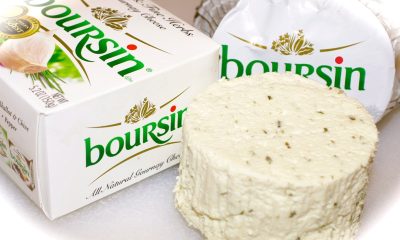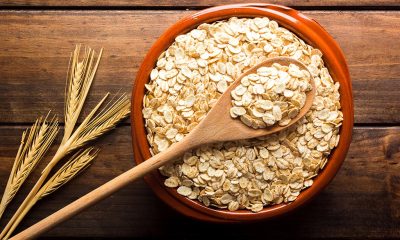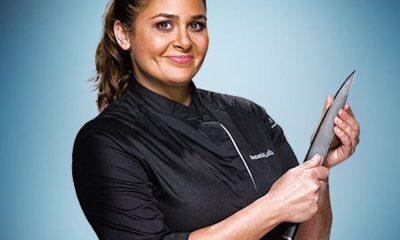Chef
5 Easy Tips for Cooking Like a Chef
Using the kitchen’s best cooking tips, a skilled chef is one who has mastered some of the most complicated meals designed to look like a stroll in the forest. Their food preparation methods, such as slicing, are so tidy, orderly, and competent.
Do you ever wonder if you can do that? Whipping everything in the kitchen to the specifications of professional chefs?
Yes, you could. There are straightforward cooking tips that experienced chefs share in class and online with their students. But you still don’t have to participate in a culinary study to get them! Here are some of the best tips and advice you can have to cook like a chef now!
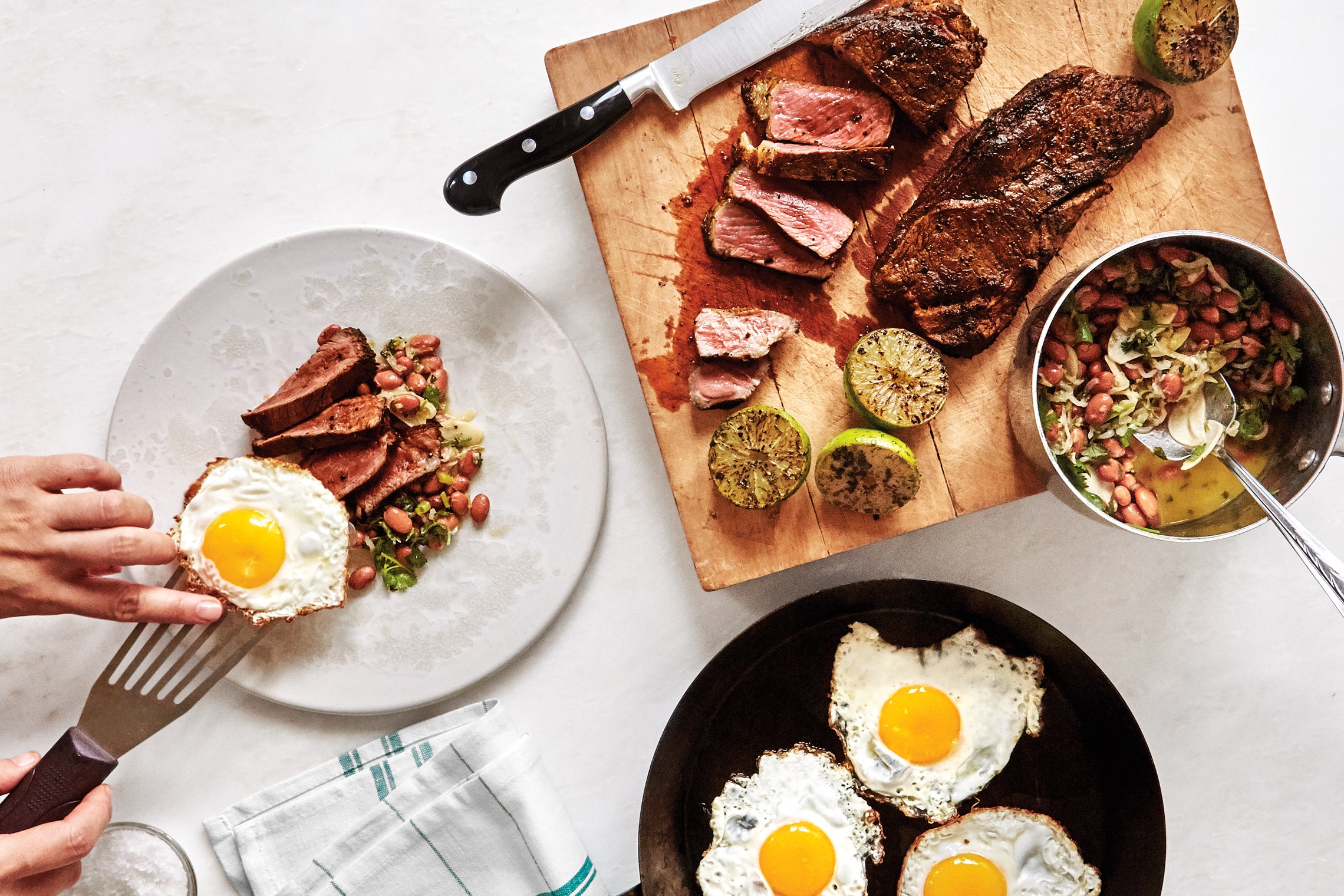
Know Where and How to Source Your Ingredients
Going through the grocery store with comfort and trust is actually an art. From the dairy aisle to the bakery, the butchery, canned goods aisle and produce sections, get acquainted with all grocery stores.
Chat up the butcher and the baker, or pick your farmer’s brain if you’re at the farmer’s market. They’ll also have great tips on how to find something you’re looking for.
At all times, chefs and home cooks know how to keep their ingredients stored. This includes plain yogurt, canned chickpeas, beans to add to salads, chilis, soups. There are more tips like using citrus to brighten every dish, adding sea salt and fresh finishing herbs, olive oil, shallots, garlic, and fresh black pepper.
Study the Basic Knife Skills
Proper knife skills are another aspect of honing your culinary abilities. Knife expertise is essential, from maintenance know-how (keeping your knives sharp regularly) to best ways to handle a knife, and the different cuts you can use daily.
For starters, we’ve rounded up the most common knife cuts you should know, from chiffonade to julienne, according to the chef.
Then, you’ll also want to learn the fundamentals of kitchen equipment. Do you know the paring knife for your chef’s knife or when to use a serrated knife over a cleaver? Just like the numerous kitchen tools out there, every blade has a specific function.
Master The Basic Cooking Skills
Besides expertly navigating the grocery store and farmer’s market, as well as learning to use your knife and other essential kitchen tools properly, mastering the different ways to apply salt, acid, fat, and heat when cooking creates a strong foundation to take your cooking skills to the next level.
The description in the cookbook explains the significance of these elements in cooking, mastering the use of only four ingredients: Salt, which enhances flavor; Fat, which provides flavor and creates texture; Acid, which balances flavor; and Heat, which ultimately determines food texture, and it will be delicious whatever you cook.
Know the Basic Differences
It is imperative to marinate. It guarantees that the meat pieces are loaded with the marinade’s juices, oils, flavors, and aroma that make the details nice, fluffy, moist, and juicy. Tenderizing is a similar procedure, but it does not help improve your preparation flavors and only aims to make the meat softer and tender.
From herbs, different spices, curd to oil, vinegar, and much more, you can choose just about every flavoring agent in your marinade.
Learn How to Read a Recipe
Before you can start improvising in the kitchen, it may take patience and to read a recipe several times. A well-written recipe is simple, easy to execute, and inspiring.
Recipes have two parts: a list of ingredients and a list of steps that teach the reader how to make the dish. In the recipe, the ingredients are always listed in order of use.
If the first two ingredients are two tablespoons of butter and 1/2 cup of finely minced celery, you can use these two elements first when making the dish.
Before you begin cooking, it’s always a good idea to read the recipe. If you start making a pork recipe at 7:30 p.m. that needs three hours of braising, you will not eat dinner until 10:30.
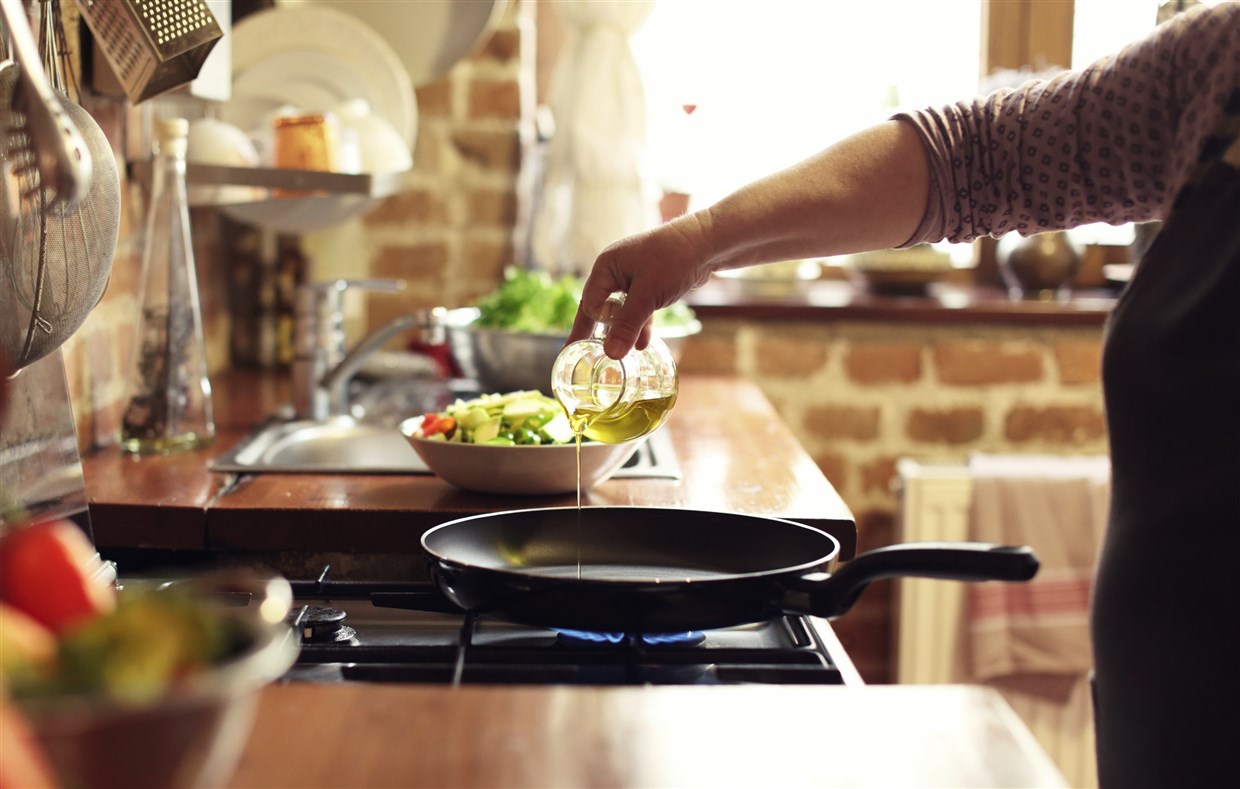
Conclusion
As you cook, always clean up after. If you’re waiting for the onions to soften, place stuff in the dishwasher, or wash the cutting boards and mixing bowls.
Always place each tool back in the same place so you will know exactly where to find it next time. Start and finish with a clean, neat kitchen.



